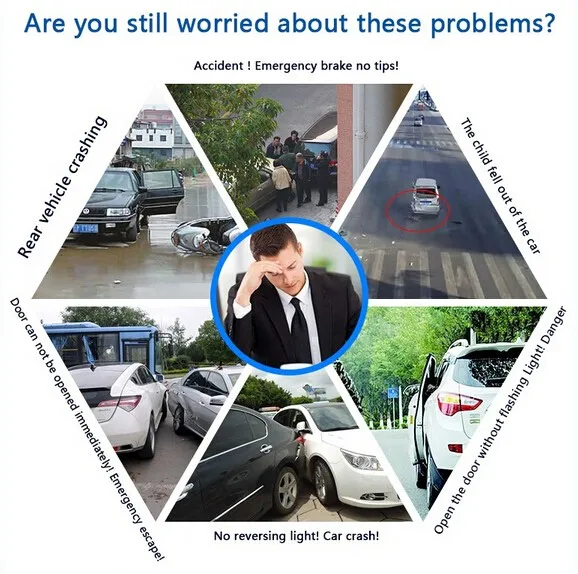Do You Need a Loan to Buy a Car? Exploring Your Financing Options for Vehicle Purchase
Guide or Summary:IntroductionUnderstanding Car LoansPros and Cons of Taking Out a Car LoanAlternatives to Car LoansTips for Securing the Best Car Loan**Tran……
Guide or Summary:
- Introduction
- Understanding Car Loans
- Pros and Cons of Taking Out a Car Loan
- Alternatives to Car Loans
- Tips for Securing the Best Car Loan
**Translation:** Do you need a loan to buy a car
---
Introduction
When it comes to purchasing a vehicle, many potential buyers find themselves asking, "Do you need a loan to buy a car?" The answer often depends on individual financial situations, preferences, and the type of car being purchased. In this article, we will delve into the various financing options available for car buyers, the pros and cons of taking out a loan, and tips for securing the best deal.
Understanding Car Loans
A car loan is a type of secured loan specifically designed for purchasing a vehicle. When you take out a car loan, the vehicle itself serves as collateral, which means that if you fail to make the required payments, the lender has the right to repossess the car. This arrangement often allows lenders to offer lower interest rates compared to unsecured loans.
But do you need a loan to buy a car? Not necessarily. Some buyers may opt to pay for their vehicle in cash, which can save on interest payments and simplify the buying process. However, for those who don't have sufficient savings, a loan might be the most viable option.
Pros and Cons of Taking Out a Car Loan
**Pros:**
1. **Affordability:** Loans allow buyers to spread the cost of a car over several months or years, making it more manageable.

2. **Credit Building:** Successfully managing a car loan can help improve your credit score, which may benefit you in future borrowing situations.
3. **Access to Better Vehicles:** With a loan, you may be able to afford a higher-end model or a brand-new vehicle that would otherwise be out of reach.
**Cons:**
1. **Interest Costs:** Over time, the interest on a loan can add a significant amount to the overall cost of the vehicle.
2. **Debt Obligation:** Committing to a loan means you have a fixed monthly payment, which can strain your budget if your financial situation changes.
3. **Potential for Repossession:** Failing to make payments can lead to repossession of the vehicle, which can negatively impact your credit score.
Alternatives to Car Loans
If you're still wondering, "Do you need a loan to buy a car?" consider these alternatives:
1. **Cash Purchase:** If you have enough savings, paying in cash can eliminate interest costs and simplify the buying process.
2. **Leasing:** Leasing a vehicle can be a more affordable option in the short term, allowing you to drive a new car without the long-term commitment of a loan.
3. **Credit Union Financing:** Some credit unions offer lower interest rates compared to traditional banks, making them an attractive option for financing a car purchase.
Tips for Securing the Best Car Loan
If you decide that taking out a loan is the best option for you, here are some tips to ensure you secure the best deal:
1. **Shop Around:** Compare loan offers from multiple lenders to find the best interest rates and terms.

2. **Check Your Credit Score:** Knowing your credit score can help you understand what interest rates you may qualify for.
3. **Consider the Loan Term:** Shorter loan terms typically come with higher monthly payments but lower overall interest costs.
4. **Negotiate:** Don’t hesitate to negotiate the terms of the loan with your lender to potentially secure a better deal.
So, do you need a loan to buy a car? It ultimately depends on your financial circumstances and preferences. While loans can provide the necessary funds to purchase a vehicle, they also come with responsibilities and costs that need to be carefully considered. By exploring all your options and understanding the implications of financing a car, you can make an informed decision that aligns with your financial goals. Whether you choose to finance through a loan or pay in cash, the key is to ensure that your choice is sustainable and fits within your overall budget.